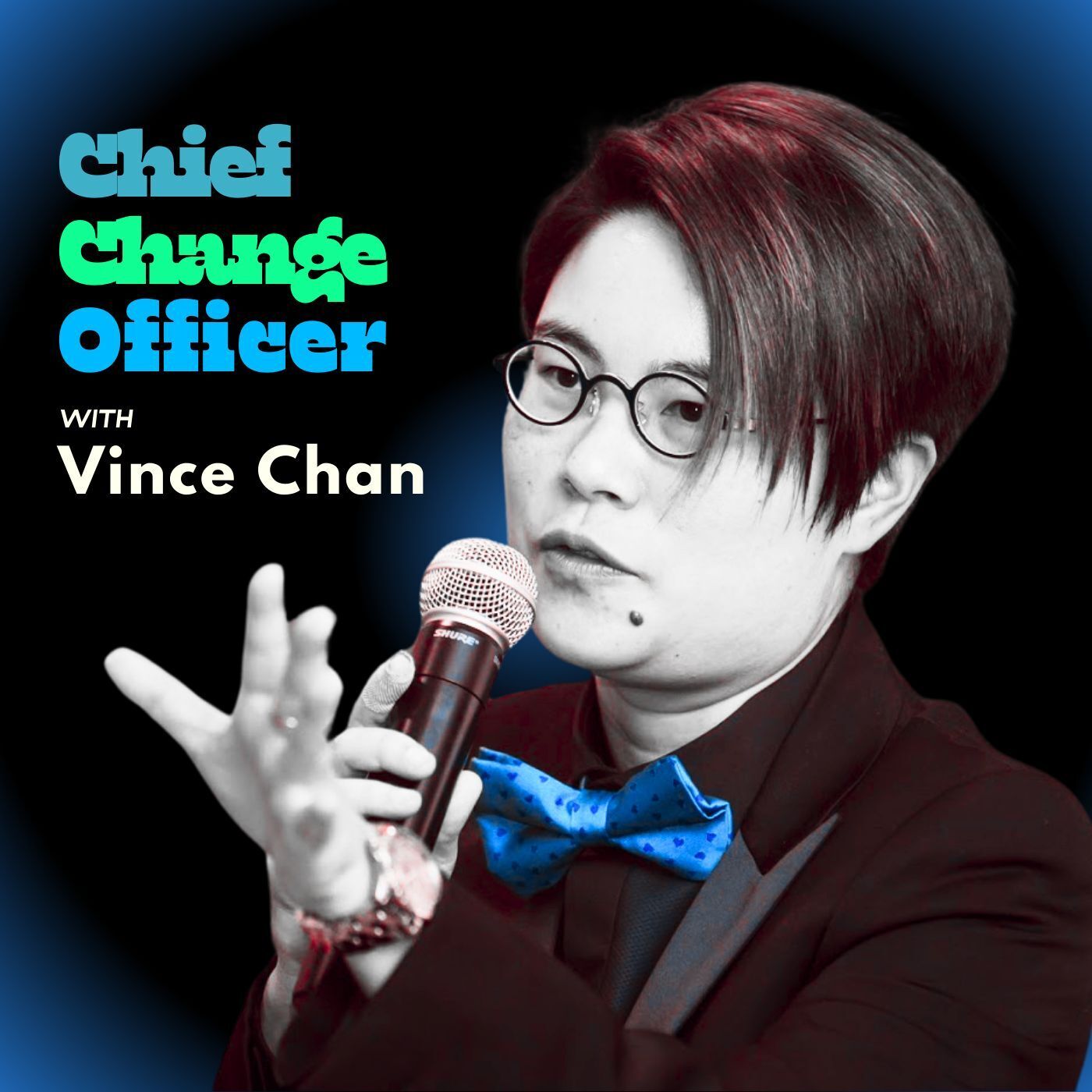#420 Adaira Landry MD: From Mentorship to Micro Skills—Tools for Thriving at Work — Part Two
In Part Two, Adaira Landry goes beyond storytelling and gets strategic—explaining how to stop saying yes to everything, avoid burnout, and take back control of your time. She shares how the original title of her book almost became Chisel, why Micro Skills isn’t meant to be read cover to cover, and what FOMO vs. JOMO really means in your career.
This episode is a mindset shift for anyone who’s overcommitted, overextended, or overdue for some clarity. Her message is simple but powerful: just because you can do something, doesn’t mean you should.
Key Highlights of Our Interview:
The Book Almost Had Another Name
“We wanted to call it Chisel. But it didn’t land the way we hoped. Micro Skills captured it better—it’s about precise, meaningful action.”
Ambition Without Boundaries Isn’t Sustainable
“I used to say yes to everything. Then I realized—none of it was helping me grow upward. It was just clutter.”
Say No to Say Yes
“JOMO—the joy of missing out—is real. You don’t need to chase every opportunity. You need to choose the right ones.”
The Burnout Trap
“If you’re always working horizontally, you never move vertically. That’s not growth. That’s noise.”
Fast Impact, Not Magic
“You don’t need a new degree or a big life change. You just need to start—small, now, and with purpose.”
_____________________
Connect with us:
Host: Vince Chan | Guest: Adaira Landry MD
--Chief Change Officer--
Change Ambitiously. Outgrow Yourself.
Open a World of Expansive Human Intelligence
for Transformation Gurus, Black Sheep,
Unsung Visionaries & Bold Hearts.
EdTech Leadership Awards 2025 Finalist.
20 Million+ All-Time Downloads.
80+ Countries Reached Daily.
Global Top 1% Podcast.
Top 5 US Business.
Top 1 US Careers.
>>>200,000+ are outgrowing. Act Today.<<<
See Privacy Policy at https://art19.com/privacy and California Privacy Notice at https://art19.com/privacy#do-not-sell-my-info.
Press play and read along
Transcript
Transcript is processing—check back soon.





